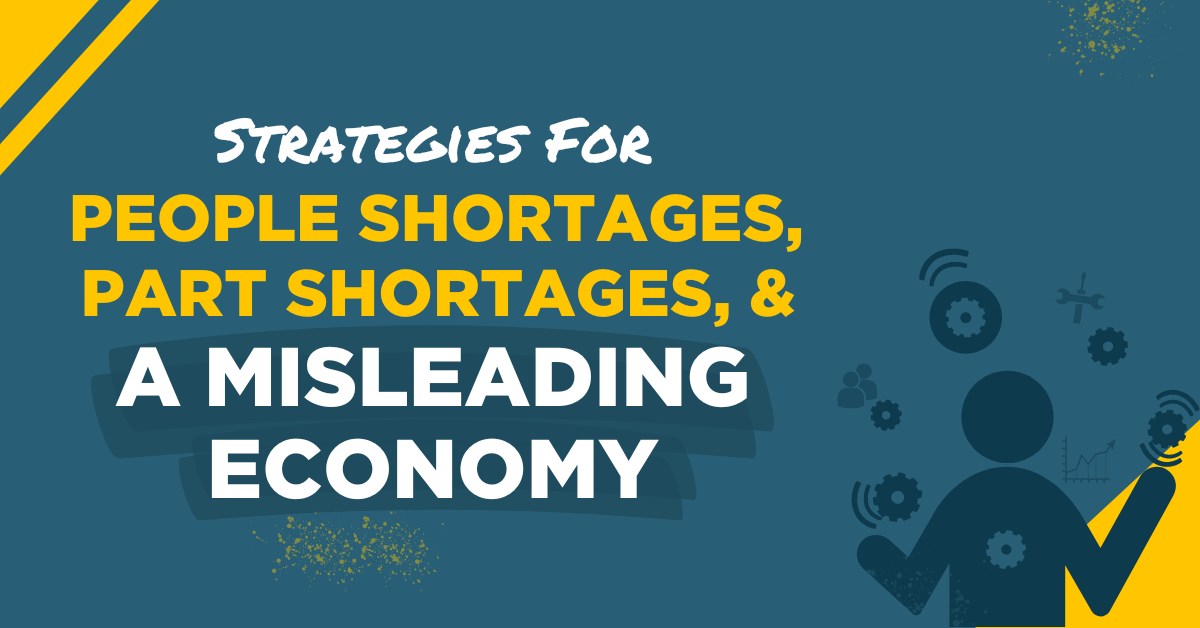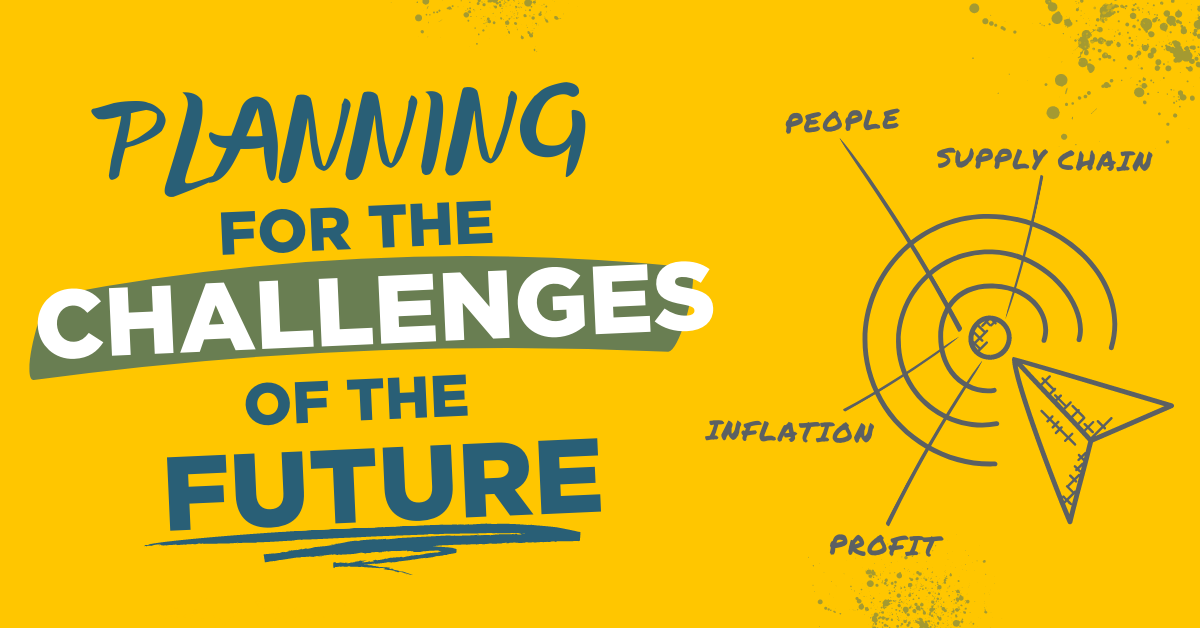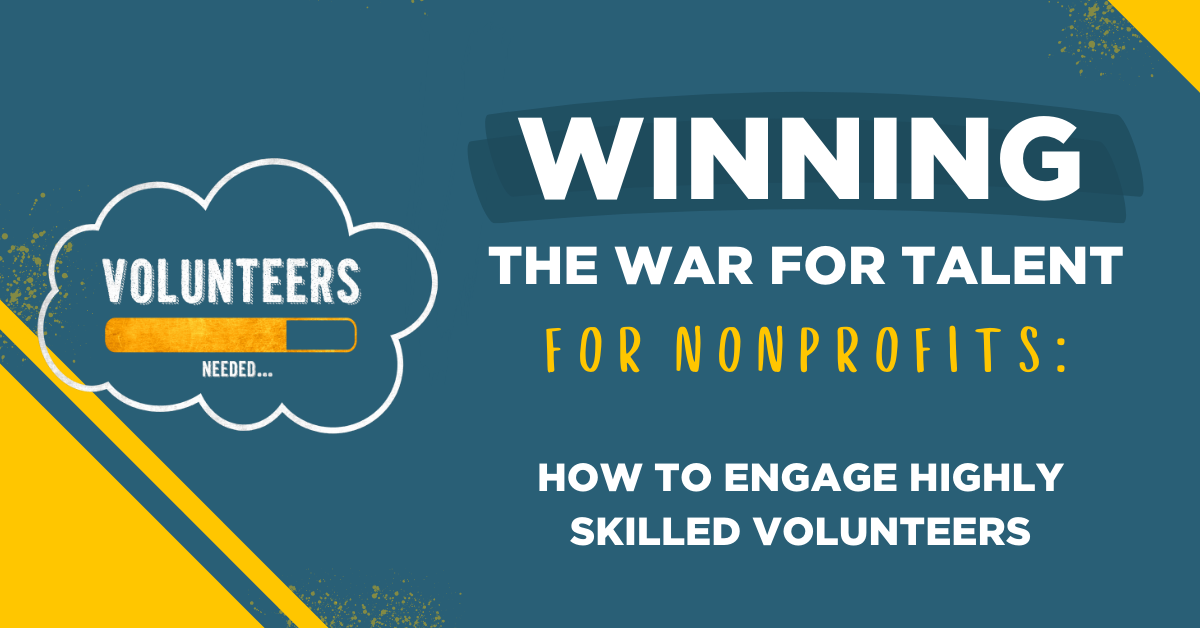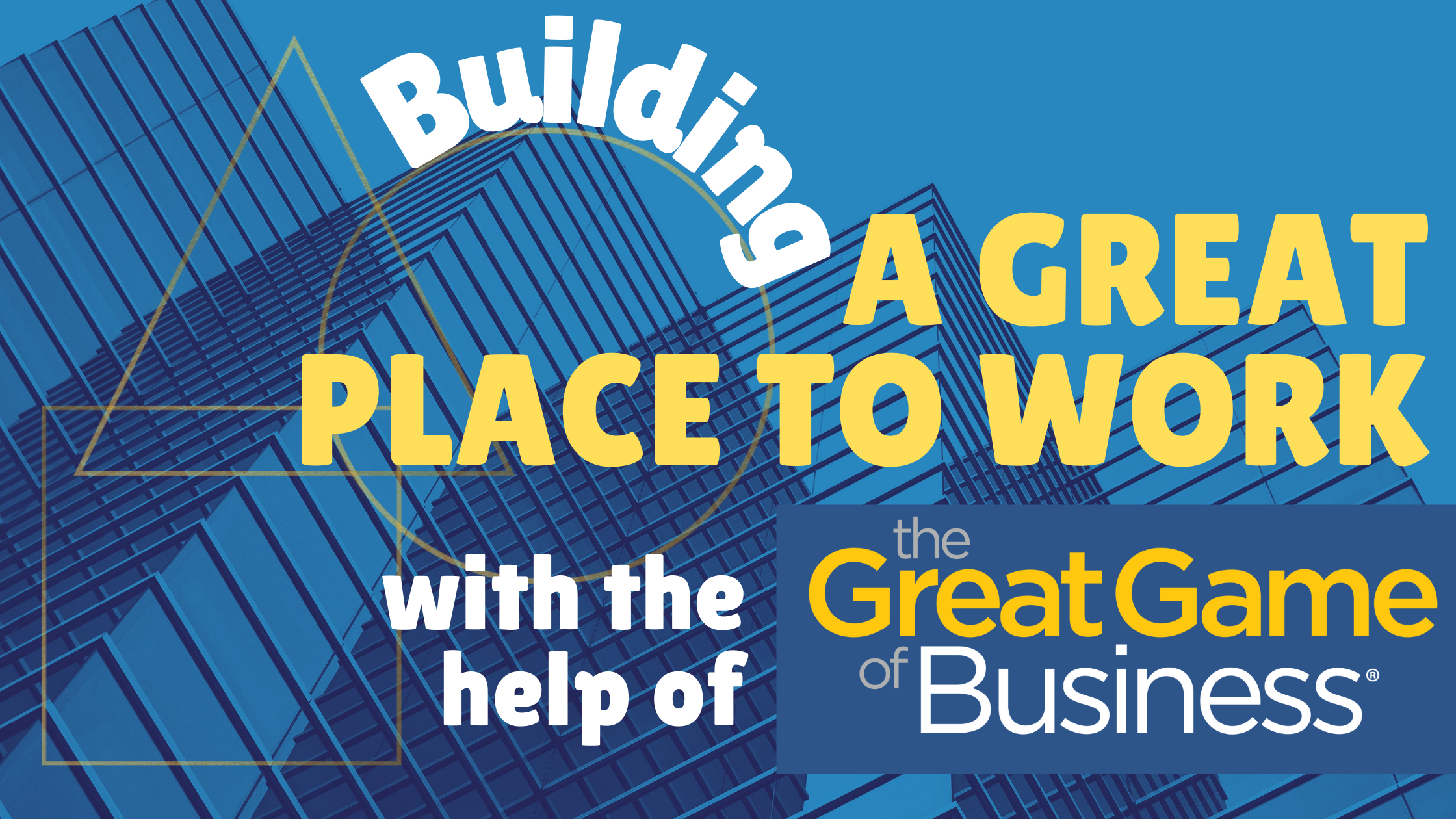Every Friday, a think tank of Great Game™ coaches comes together to discuss pressing issues today's companies are navigating. They share out-of-the-box ways of thinking, how leaders can control different areas of the business, and how to mitigate the issues organizations have no sway over. We've listed some takeaways for leaders to consider when handling part shortages, people shortages, and preparing for an uncertain economy.
Read More
In September of 2021, Jack Stack, President and CEO of SRC Holdings, discussed the future for his company, upcoming economic trends, and concerns business leaders should watch out for in 2022. Now that we're halfway through 2022, these trends and concerns are now today's reality. Listen to the complete podcast below to learn how implementing an operating system focusing on continuous improvement and planning can help you navigate challenges and adversity.
Read More
You’ll experience the labor shortage differently depending on where you’re standing. If you’re a business owner, you might be considering shorter hours, posting signs asking for grace from customers, or redesigning your company culture. But if you’re a nonprofit worker, you might be telling a hungry family: “I’m sorry, we can’t provide food for you tonight." Or a woman escaping domestic violence: “There’s no room in our shelter at this time, we’re at capacity." This is the reality for nonprofits across the nation as they struggle to compete in the war for talent.
Read More
For nearly four decades, SRC has been perfecting its approach to strategic planning, and every year it keeps getting better. Here’s the proven step-by-step approach to building good, accurate plans employees love to execute. People Support what they help to create. That is why at SRC and The Great Game of Business®, building a strategic plan is about involving ALL employees in the planning process. That means planning is a year-round event, and it begins with what’s happening in the real world. Twice a year, in June and October, SRC brings the marketplace to its people so they can accomplish two goals: Develop business-growth plans they can own. Help employees answer the questions: Are we confident and energized about the direction of the company? Having a strategic plan is more than putting on paper what you plan on doing over the next year. It is about setting a strategy, building a plan, dealing with market changes, and most importantly, enabling everybody to contribute. This is what we at The Great Game of Business call High-Involvement Planning™. Big picture — High-Involvement Planning can be broke down into clarifying your strategy and building your plan. If you zoom in, you will see that there are really ten steps to having a successful strategic plan.
Read More
One Sentence Engagement? Is it truly possible to condense the science of employee engagement into a single sentence? It is and I’m about to convince you of that. But first I need to explain why I’m taking this extreme exercise in reductionism. Studying leadership and employee engagement has been a passion of mine for the last couple of decades. As an entrepreneur, I used engagement to chase and eventually catch a Best Place to Work award. As an author, one book on engagement somehow turned into three. One speech turned into a global tour. And this article on engagement is number one hundred and something. <> I know of no topic that is more important to the long-term success of a business than engagement.
Read More
How The Jaybro Group is leveling up its culture by teaching their employees to think and act like owners. As the War for Talent continues to rage across the global workforce, a few companies have made bold moves to make themselves what we might call “employers of choice.” In other words, they’re building the kinds of organizational cultures that allow them to attract and retain world-class talent even in the face of tremendous competition. A prime example of a company leading the way in building a standout organizational culture is the Jaybro Group, a full-service supplier of consumables, safety, geosynthetic fabrics, temporary fencing, and barriers to the infrastructure and construction sector in Australia and New Zealand. In April 2021, Jaybro received an award that simply made official what everyone at Jaybro already believed. Jaybro was officially certified as a great workplace by the Global Authority, Great Place to Work®—an organization recognizing the best places to work in Australia for more than 14 years. “Being a Great Place to Work gives us an advantage as we continue to attract the best talent and build brand recognition in the civil and infrastructure supply sector,” says Alison Passey, Jaybro’s Group HR Manager. “The employees who are an excellent fit for our culture remain with us for longer, are happier, and are more engaged in their work because they have found their ‘tribe.’”
Read More

.png)











.png)




-5.png)
.png)
